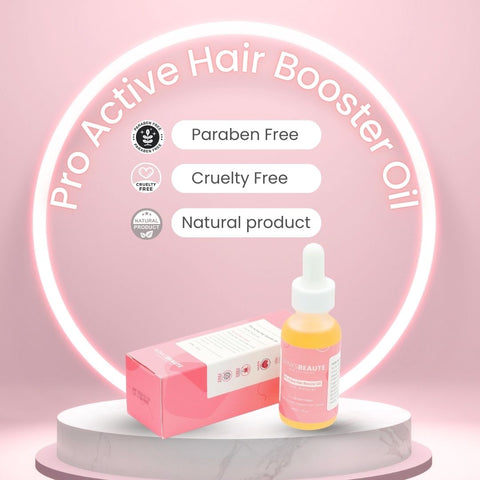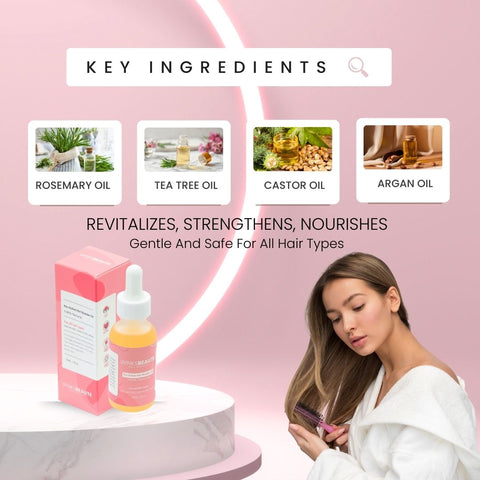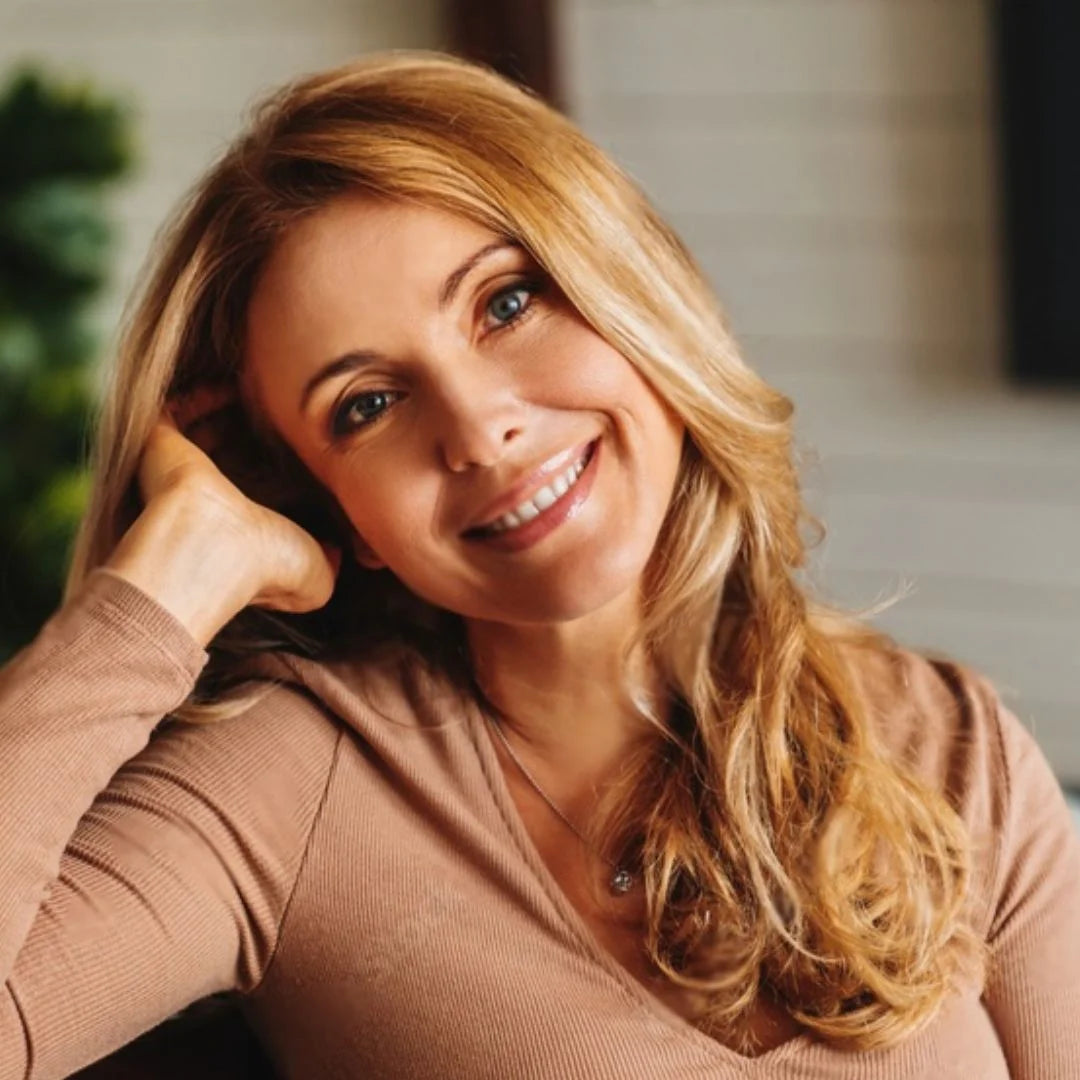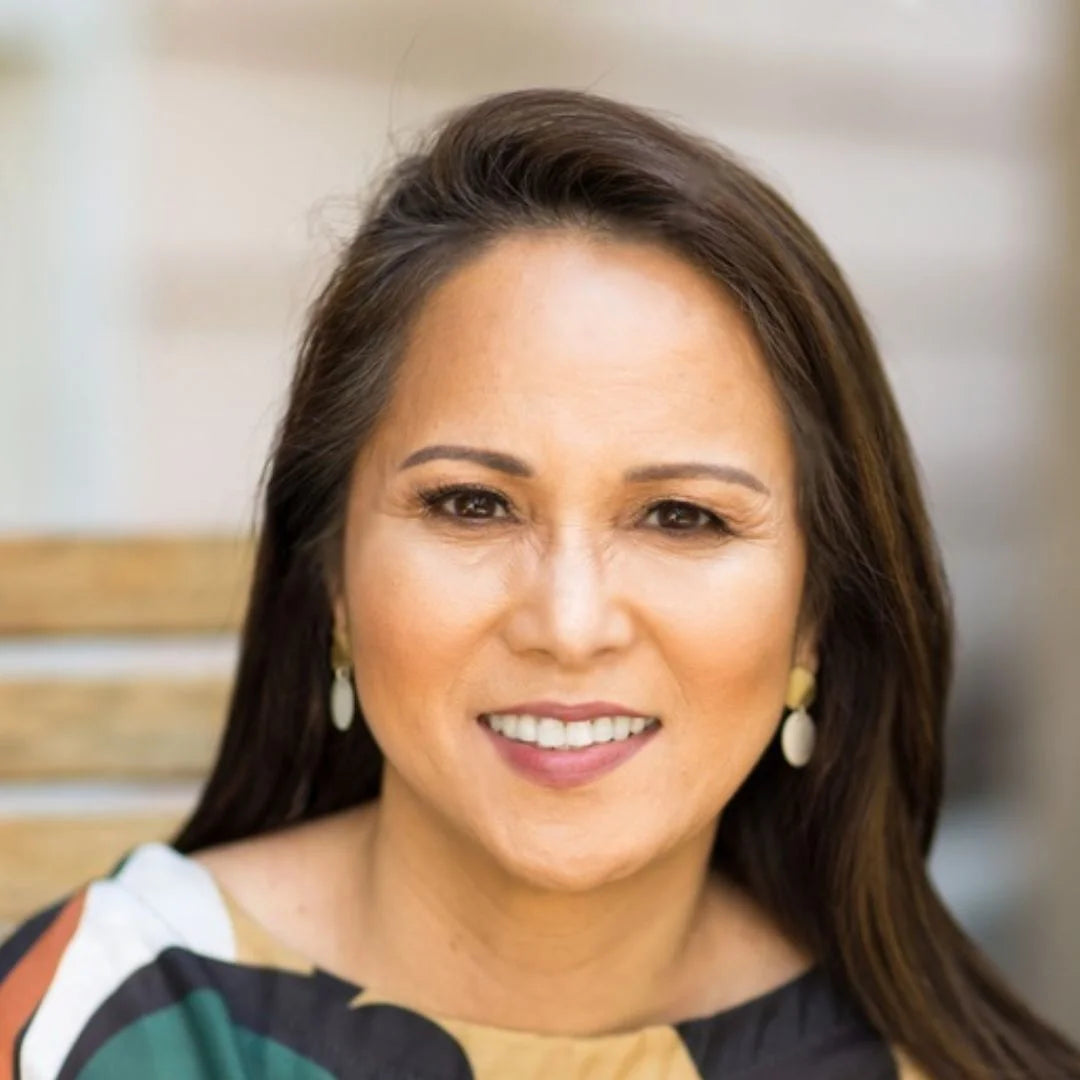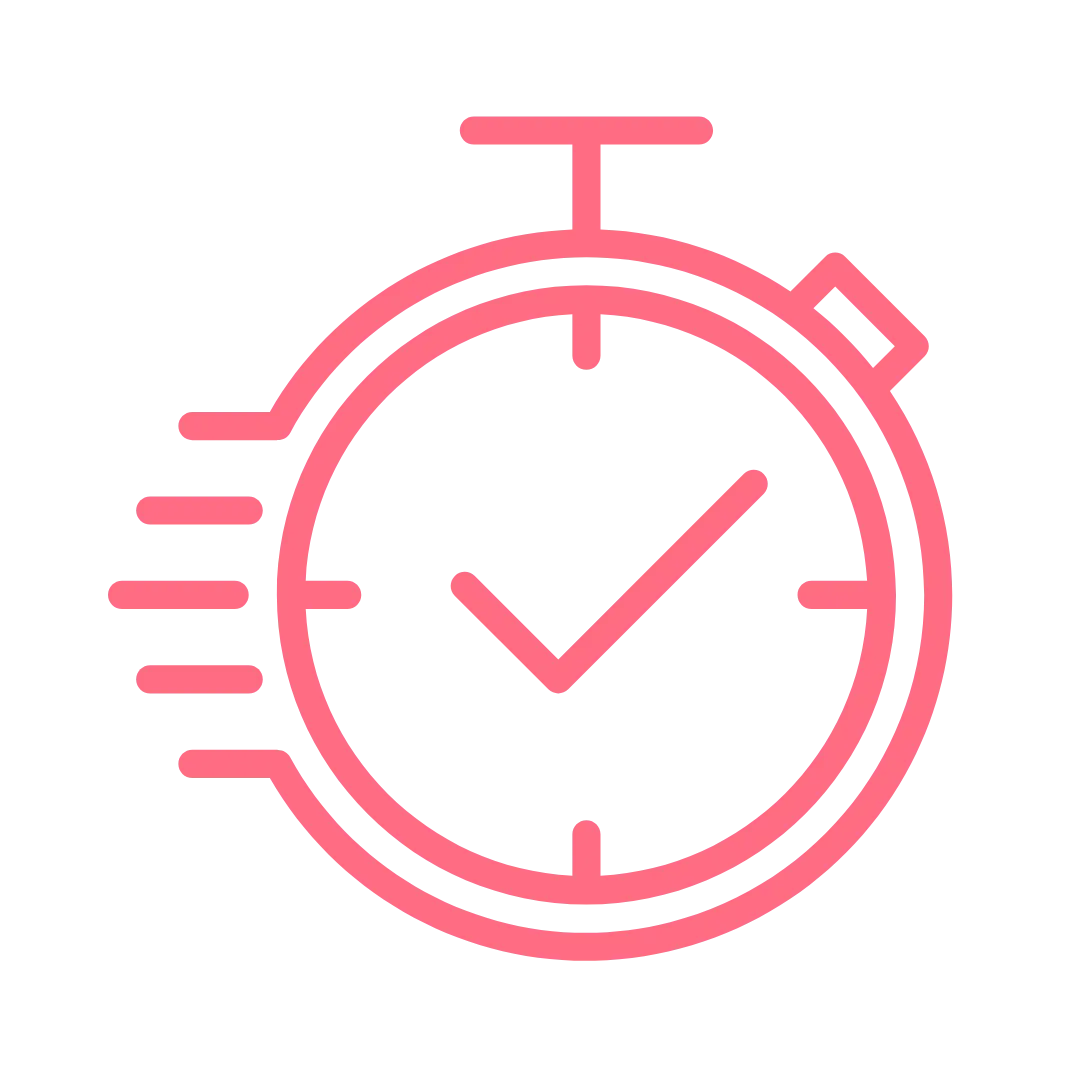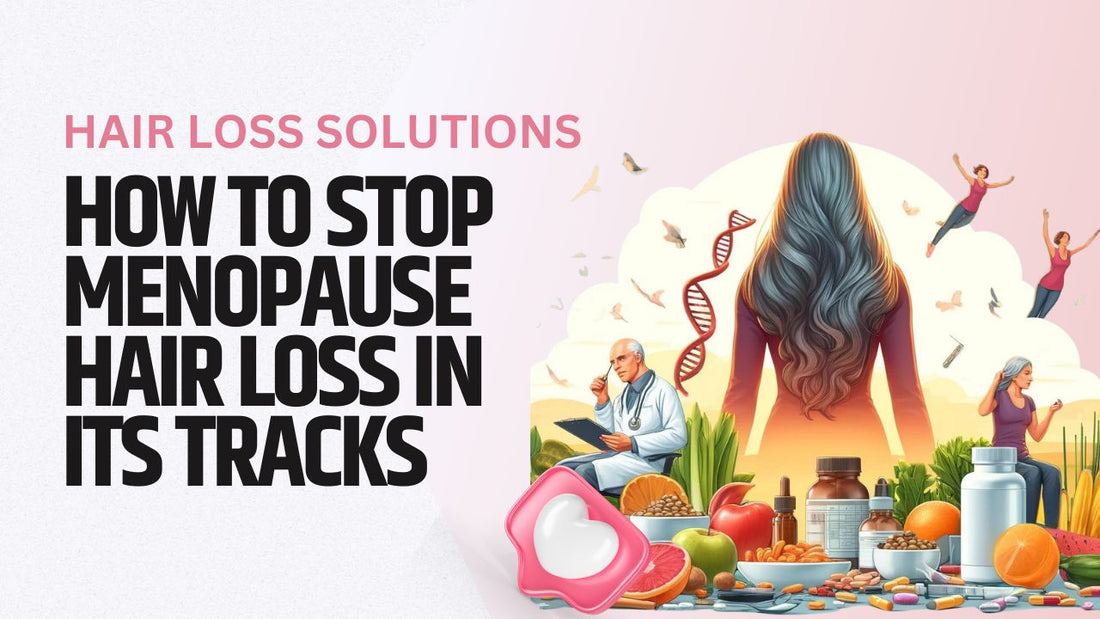
How to Stop Menopause Hair Loss in Its Tracks
Share
As women navigate the journey of menopause, one of the most distressing challenges they often face is excessive hair shedding and thinning. The once lush and voluminous locks that were a source of pride and confidence can start to betray the signs of hormonal shifts, leaving many feeling frustrated and self-conscious. However, it's important to understand that menopause hair loss is a common experience, and with the right strategies, it can be effectively managed and even reversed. In this comprehensive guide, we'll delve into the underlying causes, identify the telltale signs, and provide you with a roadmap to stop menopause hair loss in its tracks, empowering you to regain control over your hair health and embrace this transitional phase with confidence.
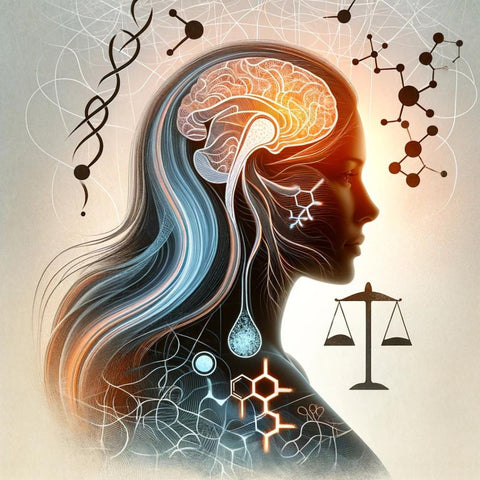
Understanding the Causes of Menopausal Hair Loss
Hormonal Imbalances
The primary culprit behind menopausal hair loss is the fluctuation of hormones, particularly estrogen and progesterone. As women approach menopause, the levels of these hormones decline, disrupting the delicate balance that regulates the hair growth cycle.
Estrogen plays a crucial role in promoting hair growth and prolonging the anagen (growth) phase of the hair cycle. As estrogen levels drop, the anagen phase shortens, leading to increased shedding and a longer telogen (resting) phase, where hair stops growing.
Furthermore, the decline in estrogen can cause an increase in androgen levels, which are male hormones present in both men and women. An imbalance in androgen levels can contribute to female pattern hair loss, characterized by thinning hair on the top of the head and a widening part line.
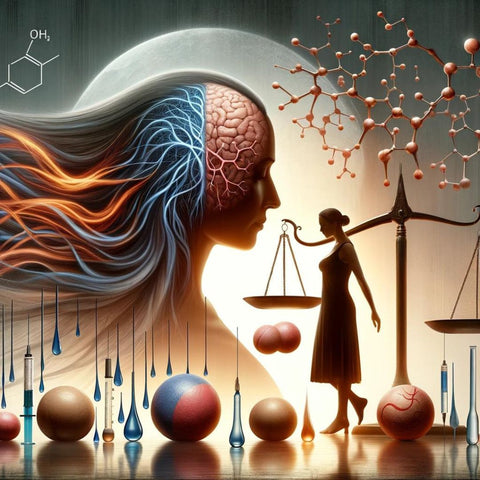
Age-Related Changes
In addition to hormonal shifts, the natural aging process itself can impact hair health and contribute to menopause hair loss. As we grow older, the hair follicles can weaken, leading to a shorter growth cycle and finer, more delicate strands.
Moreover, age-related nutritional deficiencies can also play a role. Essential nutrients like protein, iron, zinc, and biotin are crucial for healthy hair growth, and a lack of these nutrients can exacerbate hair thinning and shedding.
Stress and Lifestyle Factors
The physical and emotional stress associated with menopause can further compound the issue of hair loss. High levels of stress hormones, such as cortisol, can disrupt the hair growth cycle and lead to excessive shedding.
Furthermore, lifestyle factors like a poor diet lacking in essential nutrients and a sedentary lifestyle can contribute to overall health issues, including hair loss. Maintaining a balanced diet and engaging in regular physical activity can help mitigate these effects and support healthy hair growth.
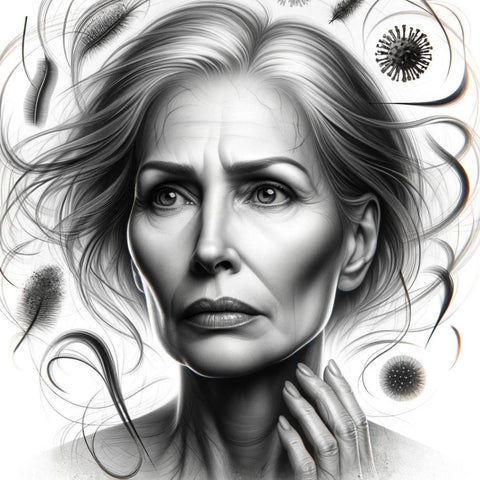
Identifying the Signs of Menopausal Hair Loss
Early detection and recognition of the signs of menopausal hair loss can help you take proactive steps to address the issue before it becomes more severe. Here are some common indicators to watch out for:
Excessive Shedding
One of the most obvious signs of menopausal hair loss is an increased amount of hair falling out during brushing, showering, or even while running your fingers through your hair. While some degree of shedding is normal, excessive daily hair loss can be a cause for concern.
Thinning at the Part Line and Crown
As hormonal changes disrupt the hair growth cycle, you may notice your hair appearing thinner and less voluminous, particularly at the part line and on the crown of your head. These areas are more susceptible to thinning due to the concentration of hormone receptors.
Dry, Brittle Hair Texture
Hormonal fluctuations during menopause can also affect the quality and texture of your hair. You may notice that your once lustrous locks have become dry, brittle, and prone to breakage, further contributing to the appearance of thinning hair.
Widening of the Hairline
In some cases, menopausal hair loss can manifest as a gradually widening hairline, particularly around the temples and forehead. This is often a sign of female pattern hair loss, which is influenced by hormonal imbalances.

Addressing Hormonal Imbalances
Since hormonal imbalances are a significant contributing factor to menopausal hair loss, addressing these imbalances is crucial for effective hair loss management.
Hormone Replacement Therapy (HRT)
Hormone Replacement Therapy (HRT) involves supplementing the body with estrogen and progesterone to help restore hormonal balance. This treatment can be effective in reducing hair loss and promoting hair growth, but it's important to weigh the potential risks and benefits with the guidance of a healthcare professional.
Natural Hormone-Balancing Supplements
For those seeking a more natural approach, various supplements containing phytoestrogens and other herbal ingredients may help to balance hormone levels. These supplements can be derived from sources like soy, black cohosh, and red clover.
However, it's essential to conduct thorough research and consult with a healthcare professional before incorporating any new supplements into your routine, as some may interact with medications or have potential side effects.

Boosting Nutrition for Healthy Hair
Ensuring adequate intake of essential nutrients is crucial for supporting hair growth and combating menopausal hair loss.
Essential Nutrients for Hair Growth
Several key nutrients play vital roles in promoting healthy hair growth and maintaining the hair growth cycle. These include:
- Protein: Provides the building blocks for hair strands and supports follicle health.
- Iron: Necessary for adequate oxygen and nutrient delivery to the hair follicles.
- Zinc: Helps regulate hormone levels and supports hair growth.
- Biotin: A B vitamin essential for hair growth and hair keratin production.
- Vitamins C and E: Antioxidants that protect hair follicles from oxidative stress.
Dietary Changes and Supplementation
To ensure you're getting adequate amounts of these essential nutrients, it's important to incorporate nutrient-rich foods into your diet. Consider adding more protein sources like lean meats, eggs, and legumes, as well as iron-rich foods like spinach, lentils, and fortified cereals.
Additionally, supplementation with high-quality hair growth supplements can help fill in any nutritional gaps and provide targeted support for hair health. Look for supplements that contain a comprehensive blend of vitamins, minerals, and nutrients specifically formulated for hair growth and overall hair wellness.

Reducing Stress and Prioritizing Self-Care
Stress management and self-care practices are crucial components of a holistic approach to combating menopausal hair loss.
Stress Management Techniques
Chronic stress can wreak havoc on your hair health, so it's essential to find effective ways to manage stress levels. Incorporate stress-relieving activities into your routine, such as:
- Regular exercise: Physical activity helps reduce stress hormones and promote overall well-being.
- Meditation and mindfulness: Practices like deep breathing, yoga, and mindful meditation can help calm the mind and reduce anxiety.
- Seeking support: Lean on your loved ones, join support groups, or consider professional counseling to help navigate the emotional challenges of menopause.
[Image for Stress Management Techniques section]
Adequate Sleep and Hydration
Prioritizing adequate sleep and proper hydration can also support your body's ability to manage stress and promote healthy hair growth. Aim for 7-9 hours of quality sleep each night and drink plenty of water throughout the day.
Gentle Hair Care Practices
While addressing the underlying causes of menopausal hair loss, it's also essential to adopt gentle hair care practices that minimize further damage and breakage. Limit heat styling, chemical treatments, and excessive brushing or combing, as these can weaken and damage already delicate strands.
The Power of Proactive Rosemary Hair Booster Oil
Introducing Proactive Rosemary Hair Booster Oil – a potent and nourishing solution that can help combat menopausal hair loss and promote healthy hair growth.
Key Ingredients and Their Benefits
- Rosemary Oil: Rich in antioxidants and anti-inflammatory properties, rosemary oil has been proven to promote hair growth, increase hair thickness, and improve scalp health.
- Grape Seed Oil: Packed with vitamin E and essential fatty acids, grape seed oil nourishes the scalp and strengthens hair strands, preventing breakage and promoting volume.
- Castor Oil: Known for its ability to improve blood circulation, castor oil can deliver essential nutrients to the hair follicles, promoting healthy growth and volume.
- Tea Tree Oil: Renowned for its antimicrobial and antiseptic properties, tea tree oil helps maintain a healthy scalp environment, which is essential for voluminous hair growth.
How to Use Proactive Rosemary Hair Booster Oil
Incorporating Proactive Rosemary Hair Booster Oil into your hair care routine is simple and effective. Gently massage the oil onto your scalp, focusing on the areas of thinning or excessive shedding. This method not only nourishes the scalp but also stimulates blood circulation, delivering essential nutrients to the hair follicles.
For added benefits, you can also apply the oil to the lengths of your hair, paying special attention to the ends, which are often prone to dryness and breakage.
Combining with Other Hair Loss Treatments
Proactive Rosemary Hair Booster Oil can be used in conjunction with other hair loss treatments, such as hormone replacement therapy, nutritional supplements, or professional therapies like platelet-rich plasma (PRP) or low-level laser therapy. Its natural and gentle formula makes it a versatile addition to your hair care routine.
FAQs
Is it normal to experience hair loss during menopause?
Yes, it is very common for women to experience some degree of hair loss or thinning during menopause. The hormonal changes that occur during this transition can disrupt the hair growth cycle and lead to excessive shedding. However, severe or prolonged hair loss may indicate an underlying condition that requires medical attention.
Can menopausal hair loss be reversed?
Yes, in many cases, menopausal hair loss can be reversed or at least managed with the appropriate treatments and lifestyle changes. By addressing hormonal imbalances, nutritional deficiencies, and stress levels, it is possible to restore a healthy hair growth cycle and promote new hair growth.
How long does it take for Proactive Rosemary Hair Booster Oil to show results?
The timeline for seeing results with Proactive Rosemary Hair Booster Oil can vary from person to person. However, many users report noticing improvements in hair growth, thickness, and overall hair health within a few weeks to a few months of consistent use. It's important to be patient and consistent with the application.
Can hormone replacement therapy (HRT) help with menopausal hair loss?
Yes, hormone replacement therapy (HRT) can be an effective treatment for menopausal hair loss. By supplementing the body with estrogen and progesterone, HRT can help restore hormonal balance and promote a healthy hair growth cycle. However, it's crucial to discuss the potential risks and benefits with a healthcare professional before starting HRT.
Are there any professional treatments available for severe cases of menopausal hair loss?
For severe or advanced cases of menopausal hair loss, there are professional treatments available, such as platelet-rich plasma (PRP) therapy, low-level laser therapy, and hair transplantation. These treatments can stimulate hair growth, improve follicle health, and provide more permanent solutions for significant hair loss.

